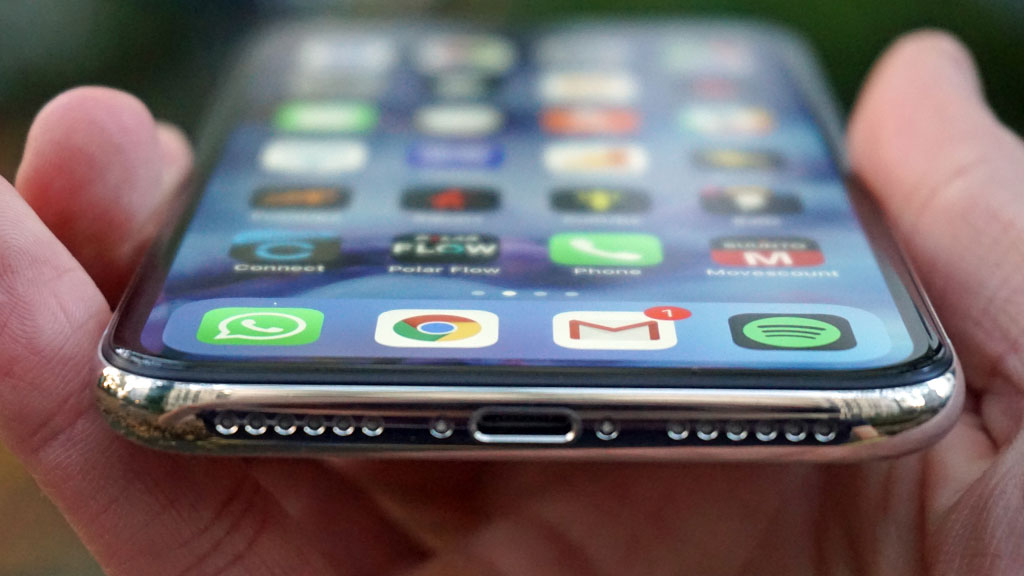Qualcomm wins iPhone sales ban in China
Chinese court grants Qualcomm injunction for alleged patent violation

A Chinese court has banned the import and sale of several older iPhone models in the country after Qualcomm’s request for an injunction was granted.
Qualcomm alleges that the iPhone violates two of its patents – one relating to photo editing and another to touchscreen application multitasking – and the two patents had previously been found to be valid by SIPO, the Chinese patent office.
“We deeply value our relationships with customers, rarely resorting to the courts for assistance, but we also have an abiding belief in the need to protect intellectual property rights,” said Don Rosenberg, executive vice president and general counsel, Qualcomm.
iPhone China ban
“Apple continues to benefit from our intellectual property while refusing to compensate us. These Court orders are further confirmation of the strength of Qualcomm’s vast patent portfolio.”
The devices affected are the iPhone 6S, iPhone 6S Plus, iPhone 7, iPhone 7 Plus, iPhone 8, iPhone 8 Plus and iPhone X. Apple’s latest trio of handsets – the iPhone XS, iPhone XS Max and iPhone XR – are not affected because they were released after the injunction was filed.
TechRadar Pro has approached Apple for comment, but it has indicated it will appeal the ruling and that the allegations had no foundation. It is also thought that the judgement will have no immediate impact.
"Qualcomm's effort to ban our products is another desperate move by a company whose illegal practices are under investigation by regulators around the world," an Apple spokesperson is quoted as saying.
Sign up to the TechRadar Pro newsletter to get all the top news, opinion, features and guidance your business needs to succeed!
- Unlock the internet in China - these are your best China VPN options
Apple v Qualcomm
The latest development forms part of a wide-ranging row between the two companies. Qualcomm has frequently claimed Apple has violated its patents, while Apple says Qualcomm is abusing its dominant position in the market and charging extortionate fees.
Qualcomm’s modem technology has been used in several iterations of the iPhone, but since the iPhone 7, Apple has diversified its supplier base, using Intel chips in some handsets.
However, Qualcomm believes its modems have been completely eliminated from the most recent iPhones, a belief that is supported by independent teardowns.
It has been thought that Qualcomm’s request to the Fuzhou Intermediate People’s Court would be declined, but the ruling comes at a time of heightened trade tensions between the US and China.
Earlier this year telecoms equipment manufacturer ZTE was banned from working with US suppliers for seven years for failing to adhere to the terms of a punishment for breaching sanctions of trading with Iran.
A new settlement with ZTE was eventually reached, but the US government has also blocked the sale of Qualcomm to Broadcom because it feared the transaction would give China a lead in 5G, while only last week Huawei CFO Meng Wanzhou was arrested in Canada pending extradition to the US where she could face charges for allegedly breaching sanctions.
- Here are the best iPhone deals for Christmas 2018
Steve McCaskill is TechRadar Pro's resident mobile industry expert, covering all aspects of the UK and global news, from operators to service providers and everything in between. He is a former editor of Silicon UK and journalist with over a decade's experience in the technology industry, writing about technology, in particular, telecoms, mobile and sports tech, sports, video games and media.